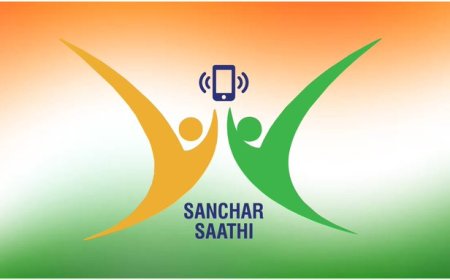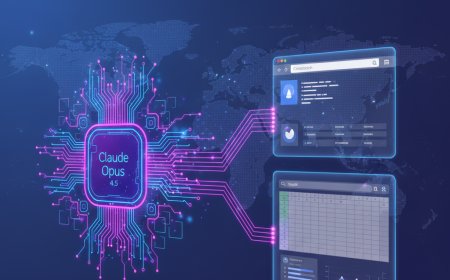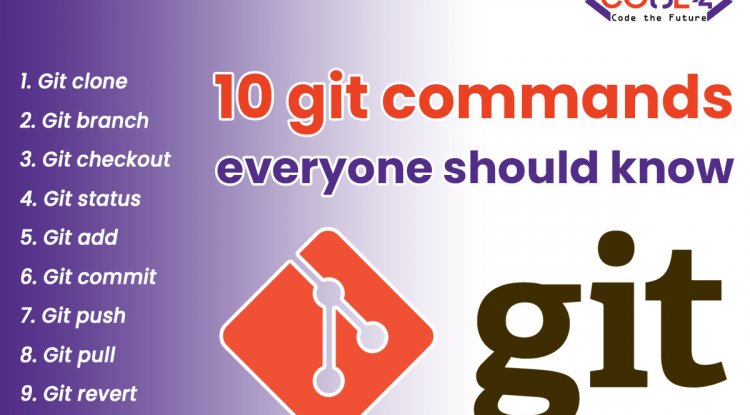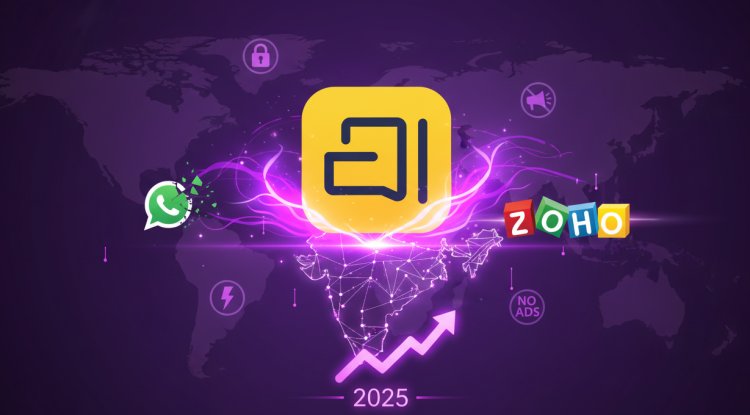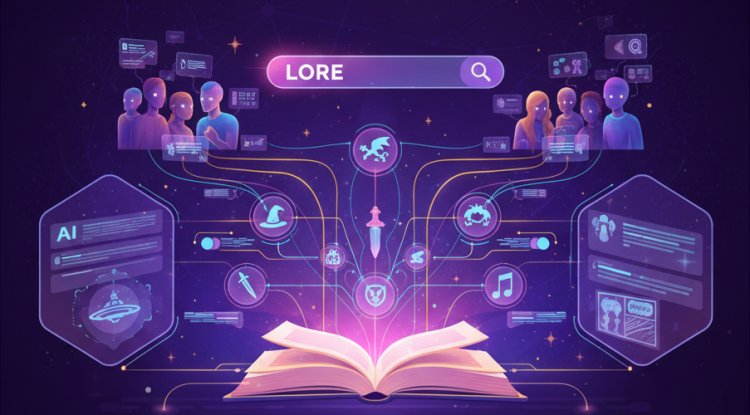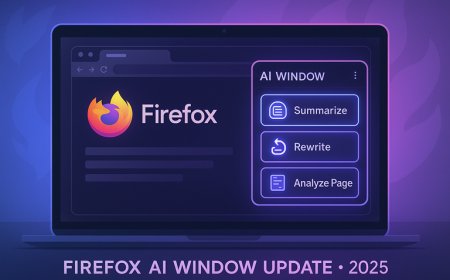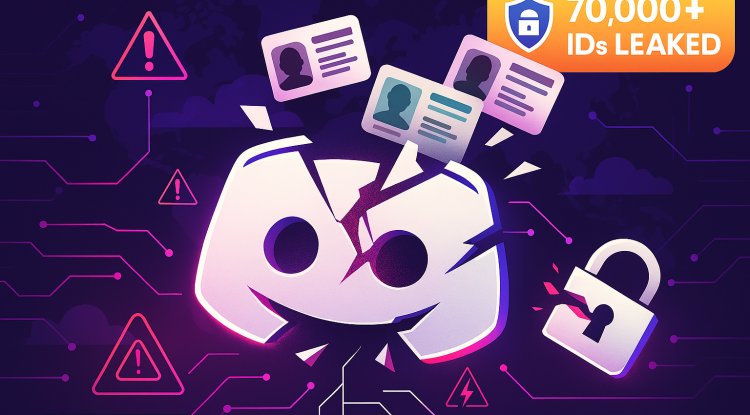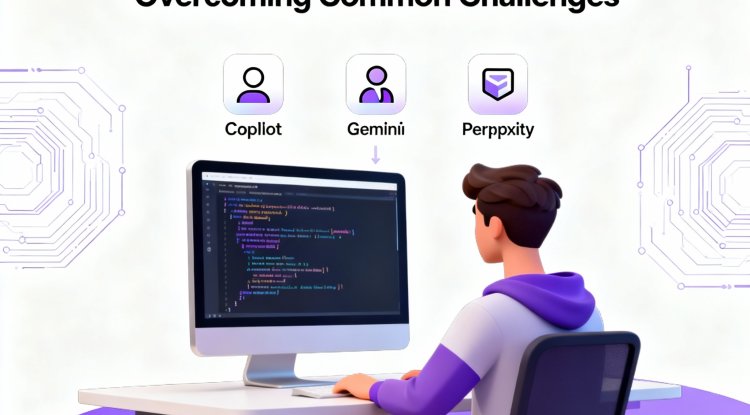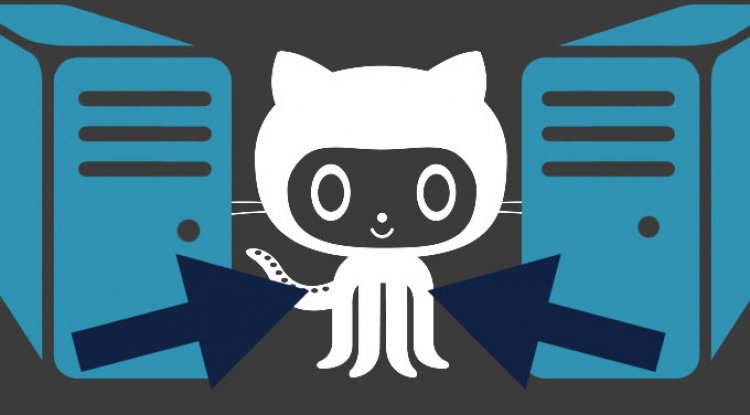What is Python ? Why is Python widely used ?
what is python, why is python widely used, the basic concept of python, python easy language
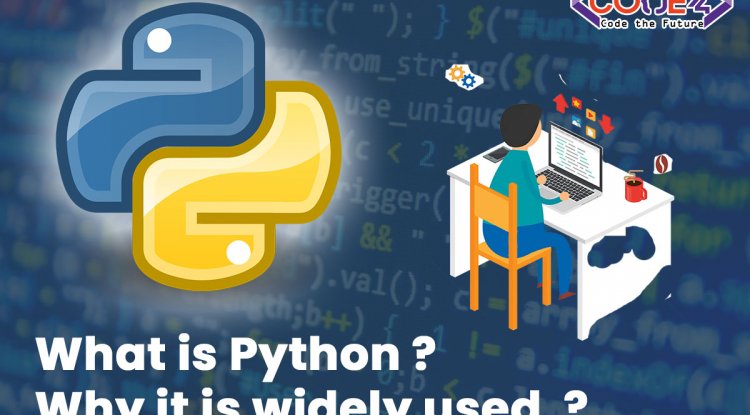
Python was created by Guido van Rossum, an interpreted, object-oriented, high-level programming language with dynamic semantics. In 1991, it was first released. The name "Python" is a nod to the British comedy group Monty Python and is intended to be fun and simple. Python has earned a reputation for being a language that is easy for beginners. It has overtaken Java as the most popular introductory language because it takes care of much of the complexity for the user, allowing beginners to concentrate on fully comprehending programming concepts rather than on specifics.
Python is based on a lot of other languages, like C, C++, Algol-68, Smalltalk, the Unix shell, and other scripting languages. Other languages include ABC, Modula-3, C, and C++.
Python possesses the copyright. Python's source code is now available under the GNU General Public License (GPL), just like that of Perl.
Although Guido van Rossum continues to play a crucial role in directing the development of Python, the core development team at the institute now handles its maintenance.
Because of its high-level, built-in data structures, dynamic typing, and dynamic binding, Python is popular for Rapid Application Development and as a scripting or glue language to tie together existing components. It is also used for software development, mathematics, system scripting, and server-side web development. Due to Python's emphasis on readability and simple syntax, program maintenance costs are reduced. Additionally, modular programs and code reuse are made easier by Python's support for modules and packages. Since Python is a community language that is open source, numerous independent programmers are constantly developing functionality and libraries for it. If you want to try how to write hello world in python you can refer to another blog, How to write hello world using pyhon?
Use Cases for Python
- Used in creating web applications
- Making workflows that can be used in conjunction with software.
- Connecting to database systems and making complex algorithms.
- CRUD operation on files.
- Executing complex Mathematics.
- Reading and analyzing Big Data.
- Developing Production level software fast.
Backend web development, data analysis, artificial intelligence, and scientific computing are all excellent areas in which Python excels professionally. Python is also used by developers to create desktop apps, games, and productivity tools.

Benefits and Features of Python
- Supports a wide range of operating systems, including Linux, Raspberry Pi, Windows, and Mac.
- Uses a syntax that is similar to that of English and allows developers to use fewer lines than other programming languages.
- Uses an interpreter system that enables immediate execution of code, accelerating prototyping.
- Can be handled in a functional, object-oriented, or procedural manner.
Syntax of Python
- Python is written in a way that makes it easy to read, in a way that is a little like English but with a mathematical bent.
- Python uses new lines for the same function, in contrast to other languages that use semicolons and/or parentheses to complete a command.
- Uses whitespace rather than braces to define the scope (e.g., loops, functions, classes) instead of an indentation.
Python Flexibility
Python, a dynamically typed language, has a lot of flexibility because it doesn't have any hard rules for building features and gives you more options for solving problems. Because it uses run-time type checking rather than compile-time checking, it also lets users compile and run programs right down to a problem area.
The Less Great Things About Python
The downside is that Python is difficult to maintain. Since Python is a dynamically typed language, a single command can have multiple meanings depending on the context. Additionally, as a Python application grows in size and complexity, it can be more challenging to maintain it, particularly in terms of finding and repairing errors. To design code or write unit tests that make maintenance easier, users will need experience.
Python is also lacking in speed. Because it is dynamically typed, it is flexible but requires a lot of references to get the right definition, which slows down performance. Utilizing a different Python implementation, such as PyPy, can mitigate this.
Python and AI
Python is a favorite among AI researchers. Because of its usability and adaptability for Python users, Google TensorFlow and other libraries (such as Scikit-learn and Keras) provide a foundation for the development of artificial intelligence. Because they allow developers to concentrate on development and growth, these libraries and their availability are essential.
Software for the Python programming language is stored in the Python Package Index (PyPI).PyPI makes it easier for users to find and install Python-based software. if you want to learn more about Artificial Intelligence(AI) can you refer to another blog What is Artificial Intelligence (AI) ? Is AI the future ?
What's Your Reaction?
 Like
0
Like
0
 Dislike
0
Dislike
0
 Love
0
Love
0
 Funny
0
Funny
0
 Angry
0
Angry
0
 Sad
0
Sad
0
 Wow
0
Wow
0
